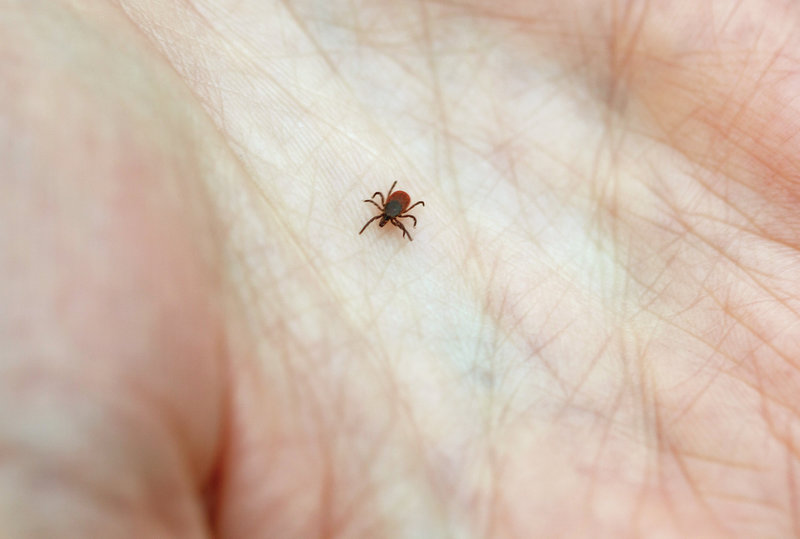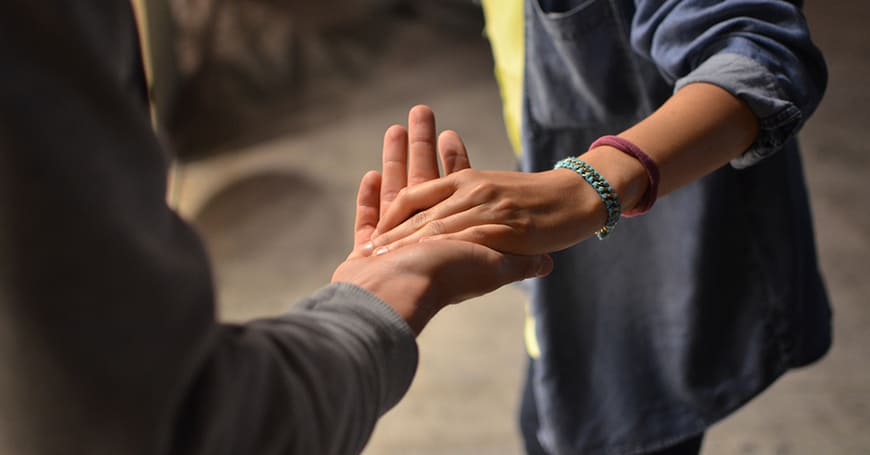4 Tips for Preventing Hearing Loss
How to protect your ears from our noisy environment.
In a world full of noise—honking vehicles, amplified music, power mowers, and jackhammers—it’s important to take steps to safeguard your hearing. And some of the sounds you’ll want to protect yourself from might surprise you.
For example, you probably expect your ears to ring after a rock concert, but they might do the same after a fireworks display. In fact, hearing experts say just one exposure to a typical pyrotechnics show can permanently damage your hearing. And according to the Centers for Disease Control and Prevention, having a dog barking in your ear can cause hearing loss in just a couple of minutes.
But loud bursts of noise aren’t the only problems. Over time, even innocuous-seeming sounds such as the constant hum of a loud window air conditioner or refrigerator can cause cumulative damage.
Working in loud environments can also hamper hearing, and the older we get the more likely we are to have hearing problems. But a 2015 report from the World Health Organization suggests that younger folks around the world are also at risk—it found that almost half of those between ages 12 and 35 crank up their personal audio devices to unsafe levels.
“Hearing loss is generally seen as a regular part of aging, but now we’re starting to recognize it as a big problem” for everyone, says Paul Dybala, Ph.D., an audiologist and president of Healthy Hearing, a website devoted to educating people on hearing issues.
Today, on National Save Your Hearing Day, remember these four tips for preventing hearing loss.
Know What’s Risky
Sounds are measured in decibels (dBA). Though individual tolerances vary, the National Institute for Occupational Safety and Health recommends that workplace exposure be below 85 dBA throughout an 8-hour workday and legal workplace limits are 90 dBA. (For comparison, handheld hair dryers can emit 77 to 92 dBA.)
Consumer Reports’ health and safety experts say that prolonged exposure to 70 dBA—the sound produced by a shower—or less is safe for most people.
Experts generally agree that sounds exceeding 100 dBA, a level that can easily be surpassed by rock concerts, sporting events, movie theaters, gas lawn mowers and snow blowers, some MP3 players played at maximum volume, and fireworks displays—can be hazardous even in short bursts.
Block Out Loud Sounds
If you’re stuck in a noisy space, you can dampen the sound with earmuffs or earplugs. Foam earplugs are a low-tech, inexpensive way to protect your ears. You can find them at any drugstore for about $3.50 for a set of 10. Earplugs are even sold at many concerts, right alongside the T-shirts.
If you want to ensure that you get the maximum sound quality at concerts, head to an audiologist for custom-fitted earplugs. They’re more expensive than the foam type but will let in a richer sound at a live show.
Use Headphones Wisely
One-fifth of teenagers are estimated to have some form of hearing loss, which experts attribute to the ever-increasing use of headphones and earbuds.
The easiest way to help prevent hearing loss from personal listening devices such as iPhones and MP3 players is to follow the 60/60 rule: Listen at no more than 60 percent of the maximum volume for no more than 60 minutes per day. Using over-the-ear headphones—especially the noise-canceling kind—instead of earbuds may also help prevent damage.
Make Sure Your Ears Are Clear
Sometimes keeping hearing sharp means nothing more than ensuring that nothing is blocking the ear canal, such as impacted earwax.
“A percentage of people, particularly those who are younger and who have early losses, have correctable things as simple as wax,” says James C. Denneny III, M.D., CEO of the American Academy of Otolaryngology-Head and Neck Surgery. This is also common in people who wear hearing aids, where the lack of air ventilation in the ears can cause wax buildup.
And if you clean your ears with cotton swabs or use cotton balls as earplugs, cotton residue that gets left behind can interfere with your hearing.
So have your doctor check your ears for an overabundance of earwax or bits of cotton if you have any concerns. “I would encourage people to at least have a basic exam to start with and then work from there,” Denneny says. In both cases, your doctor can clear the way.
But do break the cotton ball/cotton swab habit; it’s potentially dangerous. Research recently published in the Journal of Pediatrics found that 34 U.S. kids are treated in emergency rooms every day as a result of injuries caused by cotton swabs in the ear. In fact, experts say, don’t put any object in your ears unless it’s under a doctor’s supervision.
Source: consumerreports
“4 Tips for Preventing Hearing Loss” by:Julia Calderone


